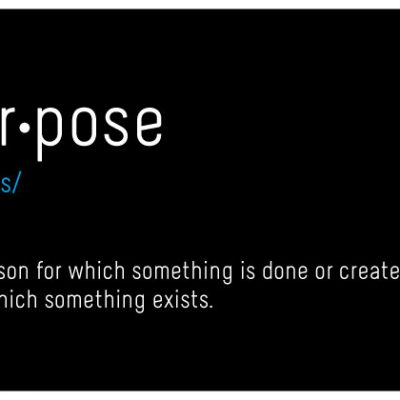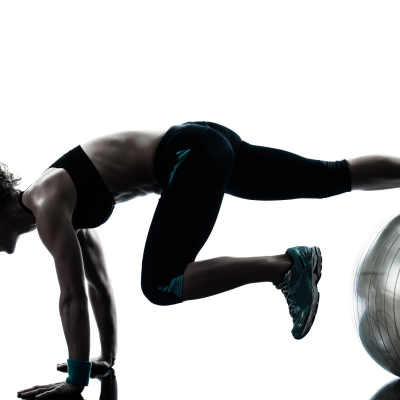We have all heard it “speed up your metabolism, you have a slow metabolism, but what does this really mean and how does it impact your health particular to fitness.
First let’s clarify what metabolism is. The Webster (2021) dictionary states that metabolism is defined as “the chemical processes that occur within a living organism in order to maintain life”. I remember attending a health and wellness lecture and it was also described as the sum of your body functions working to keep you alive.
So, let’s break this down further. There are so many things that go into ‘maintaining life’ or keeping your body alive: respiratory, (our ability to take in oxygen) cardiovascular (the way our body moves blood into and out of our heart to help fuel our body functions, muscular (the content of our body that has natural muscle which is genetic and that which we can build) and so much more. Every process our body completes involves your metabolism.
Now think about al the different types of bodies on our planet and how they all look and work differently. A good example is Olympic athletes. Their bodies look different depending on the sport they participate in. Runners tend to be lean, while shot putters tend to have more muscle. Then consider the millions of people that try out for the Olympic team but aren’t successful. It has been said that elite athletes have perfect biomechanics for the sport they perform in. For example in the sport of marathon running, you will have very lean athletes that allow them to perform their movements easily. A linebacker in football player would not be an ideal person to run a marathon.
So why can’t we all be marathon runners or football players? Because we are born with a genetic map. Some of us naturally will fall into specific sports based on our bodies.
This means that we will inherit certain things beyond our control for example Diabetes. Some people inherit diabetes. It doesn’t matter what lifestyle they have they will just get it. This also applies to our bodies. There are some inherit characteristics that we have which are passed to us. Some of us are tall or short, have muscle while others work hard to build muscle. We all know that one friend never works out, but their body look s perfect. All our bodies are different.
Some people may have faster metabolisms than others and this can be inherited.
So, once we start to understand how our bodies work and what we have inherited, then we can really start to understand what we need to do to make up for the adjustments.
A simple example is how our body transforms food into fuel. Carbs are used as energy. Some of burn it off easily and some of us need to work extra hard to burn that fuel. We all know that one friend that can eat whatever they want and never gain a pound.
This explains why there are multitudes of diets in our world like: no carb, keto, Whole30, intermittent fasting, Mediterranean diet and etc. etc.
The way our body uses food determines how our body looks and works. So, when people ask me what the best food plan for them is, I tell them they need to figure it out through trial and error. We know people that can eat carbs and not struggle with weight loss, while others, look at piece of bread and gain 5lbs.
One way to figure out what food works for you is to journal how you feel after you eat. And track your weight. If you find you feel sluggish after you each a sandwich, that is information. If you feel gross after eating a burger, that is information. If you are always hungry that is information. I am not saying that one diet is bad or good or better than another. How your body reacts to food is something you need to learn.
So, you need to invest time in understanding what works for you.
One thing I have learned over the years is that if you are trying diets over and over it means you aren’t really learning anything. For example, if you tried Keto and lost weight, then gained it back after a period of time, you haven’t really learned what your body needs to survive and thrive. You may have learned that a no carb diet helps you drop weight, but you haven’t learned what food you need to keep that weight off, because it didn’t work.
Here are some basic nutrition facts. Carbs are used as energy, and protein is used as fuel to repair muscle. Vegetables do a variety of different great things for your body.
When carbs are not used as fuel they turn to fat. When you eat sugar and it’s not used as fuel it turns to fat. Our body all makes fat at different rates: depending on our metabolisms.
You need to figure out what the right combination is for you. How many carbs does your body need to function well? If you exercise, you need to make sure that you get fuel in your body to hydrate and fuel your internal systems.
So, the answer isn’t that easy. If you have been trying to lose weight, I would encourage you to do a few things:
- Look in the mirror and accept those areas of your body that you have inherited. Appreciate what you have. Honour the parts of body that have been passed down to you.
- Accept what you can change and what you can’t. Age, menopause, genetics, etc.
- Then be honest about what you are eating. Have you cleaned up what you’re eating and seen changes in the past? If yes, then may altering your diet will have an impact on changing how you look.
- Are you moving your body? We do cardio to exercise our heart, weight train to transform how we look and stretch to keep those muscles from shortening. Are you incorporating these three important elements into your daily life?
- Relationship with food. As we get older, we learn a lot more about ourselves, our relationships with friends and who we want to spend time with. Food is no different. As we get older, we know what we should and shouldn’t be eating. So, let’s stop finding excuses.
We are so quick to blame ourselves for having lack of will power for how we look, rather than take an honest look in the mirror and accept who we are and what we can realistically change.
So, if you are trying to make some changes here are a few ideas.
- Track what you eat and how it makes you feel.
- Get in regular exercise: cardio, weights and stretching. This could be walking, light weights and yoga.
- Be kind to yourself. Straying from a perfect diet is ok.
Finally, respect your body. You get only one great body that does amazing things. Respect it, appreciate it, feed, and work it.





Comments (0)